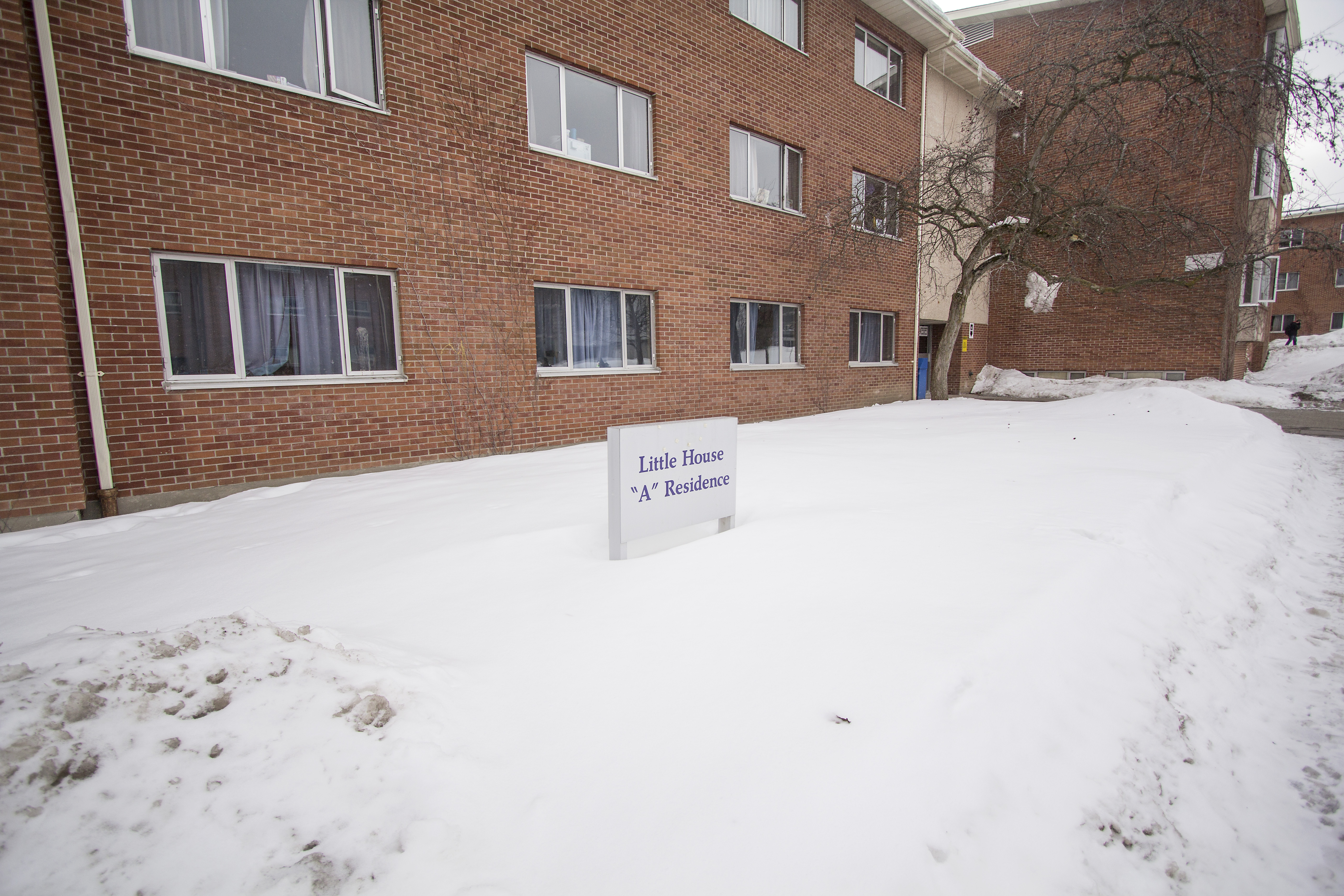Residence don at Laurier faces theft charges


Following the arrest of former Wilfrid Laurier University residence don Jeremiah Rojas on Feb. 9 and 13, the university and the Waterloo Regional Police Service (WRPS) have taken actions to move forward in their investigation and to restore the campus community.
Rojas, 23, was a Laurier student and don at Little House residence this year and Waterloo College Hall (WCH) last year. His arrest was in connection to various thefts that occurred at both residences during his time as a don.
“The department of residence has assigned a new don to be responsible for the needs of the affected residence community in Little House,” said Kevin Crowley, acting assistant vice-president: communications at Laurier. “The students in the community have been introduced to this new don and to the newly-appointed acting community advisor of the residence’s house council.”
The don replacing Rojas is John Wells, another don in Little House.
Bemnet Debebe, also of Little House, has assumed Rojas’ responsibilities for the residence house council.
Crowley also said that for students who need counselling following this incident, the university will be providing the appropriate services.
He affirmed that while this is tragic, it is highly unusual.
“This is not a common case. Upon being hired, all dons are instructed to follow a staff code of conduct which includes following the residence guidebook, residence hall agreement, as well as general student conduct.”
On Feb. 4, however, local newspaper The Waterloo Region Record published in an article that over the weekend eight more thefts were reported at Little House.
Furthermore, the incident has brought to question how Rojas, who had a previous criminal record, was able to maintain his position within the university. In 2011, Rojas pleaded guilty to possession of property obtained by crime.
Looking at the hiring process, Crowley pointed out it is a “rigorous” process that involves applicants submitting references and entering into several stages of interviews with different panels of people. This past year, the department of residence also made the process stricter by having applicants undergo a criminal record check.
Crowley said that Rojas would have had to do the same as other don candidates.
“It would have been a requirement; whether that was done or not, however, I don’t know. But the practice of undergoing a criminal record check was in place.”
Looking at ways in which this incident could have been prevented, Olaf Heinzel, public affairs coordinator for WRPS, said it’s a difficult matter.
“It’s hard to say what could have been done differently. From our understanding, the accused in this case had access to student accommodations through the use of a master key. This makes it very difficult for students who did all the rights things, such as locking their dorm rooms and trying to protect their possessions,” said Heinzel.
The case also struck a chord with some of the past residents of the residence communities. Erika Ymana, a second-year economics student who lived in WCH last year, when the thefts took place, said it was shocking to find out what happened last week.
“All of us from last year found out at the same time it was Rojas. We were all shocked. We trusted him as a guardian away from home last year and for him to have done this behind our back is upsetting,” said Ymana.
Looking back at the sense of security on campus, Ymana feels changes need to be made.
“Since I was not directly affected by this, leading up to last week I thought I was safe. But I feel one of the big things now is to have cameras in the hallways and cameras now around the residences. That might be a good idea.”
Betty Xu, a second-year bachelor of business administration student who lived on the same floor as Ymana last year, had similar sentiments.
While she doesn’t blame the school for the state of security on campus, she did feel concerned that it was not public knowledge that Rojas had a criminal record.
“None of us knew that he had a criminal record, we only learned about it after this incident. It is really worrying that in the hiring process he was able to get hired with a criminal record. It’s my biggest concern.”
The university is now revaluating the hiring process for dons. However, for the past and present students of WCH and Little House, the incident is still fresh in their memory.
“Rojas wasn’t just a don. The fact he was a friend made the entire experience bad. He was outgoing and one of the more sociable dons, who portrayed to care about us. The fact he perverted his authority over us as a friend, that was incredibly hurtful to us,” said Xu.

